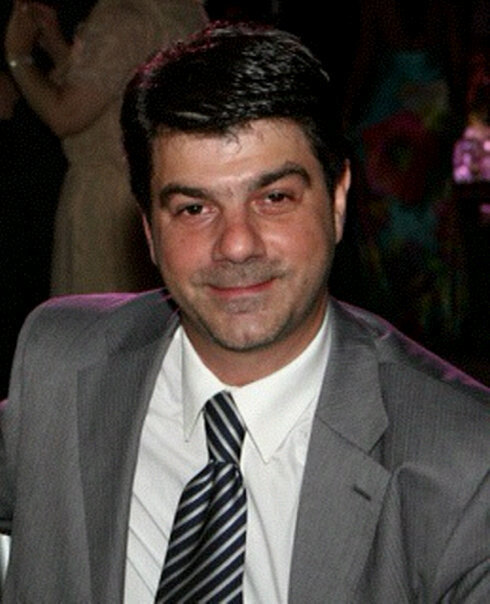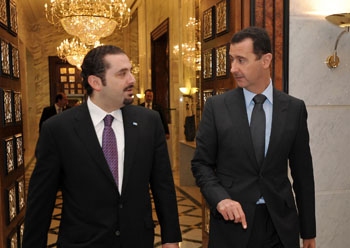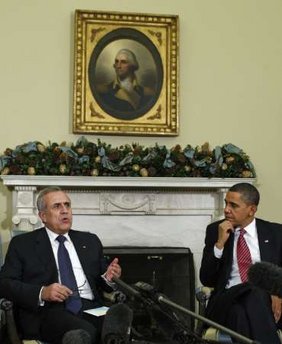Lebanon and Syria have turned one page but have they started a new one? Omayma Abdel-Latif reports from Beirut,
In February 2006, Mahdi Dakhallah, then Syrian minister of information and today serving as Syria’s ambassador to Riyadh, spoke confidently of how Lebanese politicians spearheading a campaign against Syrian President Bashar Al-Assad would eventually struggle to mend fences with Damascus.
"We are used to Jumblatt’s gimmicks," Dakhallah said, referring to Lebanese Druze leader Walid Jumblatt who orchestrated the March 14 campaign against Syria. "He will eventually want to come back to Damascus."
Anyone listening to Dakhlallah then could have been forgiven for thinking that like many Syrian politicians at the time he was in a state of denial about realities on the ground.
Al-Assad’s regime was isolated regionally and internationally, and Syria had been branded a key actor in the so-called "axis of evil" by the US Bush administration. One of the goals of the so-called Lebanese Cedar Revolution was regime change in Syria, according to its main architect, Jumblatt.
The assassination of Lebanese politician Rafik Al-Hariri in February 2005 has also proved a crucial test for Al-Assad’s regime, forcing it to make painful decisions, such as ending three decades of Syrian presence in Lebanon and withdrawing Syrian troops in April 2005.
In the years that followed, Damascus’s policies towards Lebanon were improvised rather than chosen. Yet, despite its isolation the regime proved resilient. Al-Assad reconciled himself with the fact that Damascus would have to make tactical changes if it were to contain international pressure and regional isolation.






